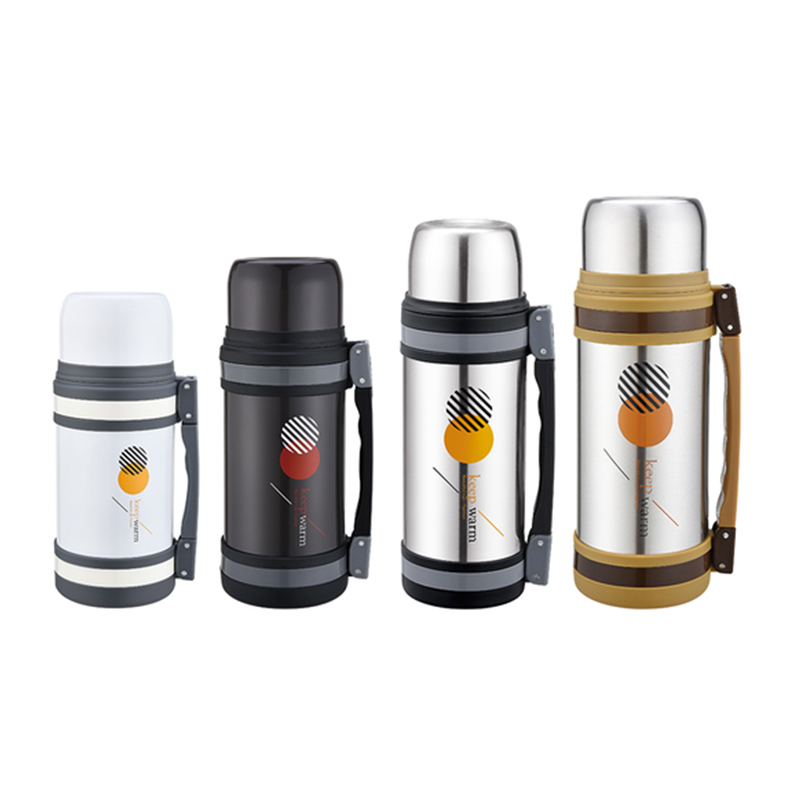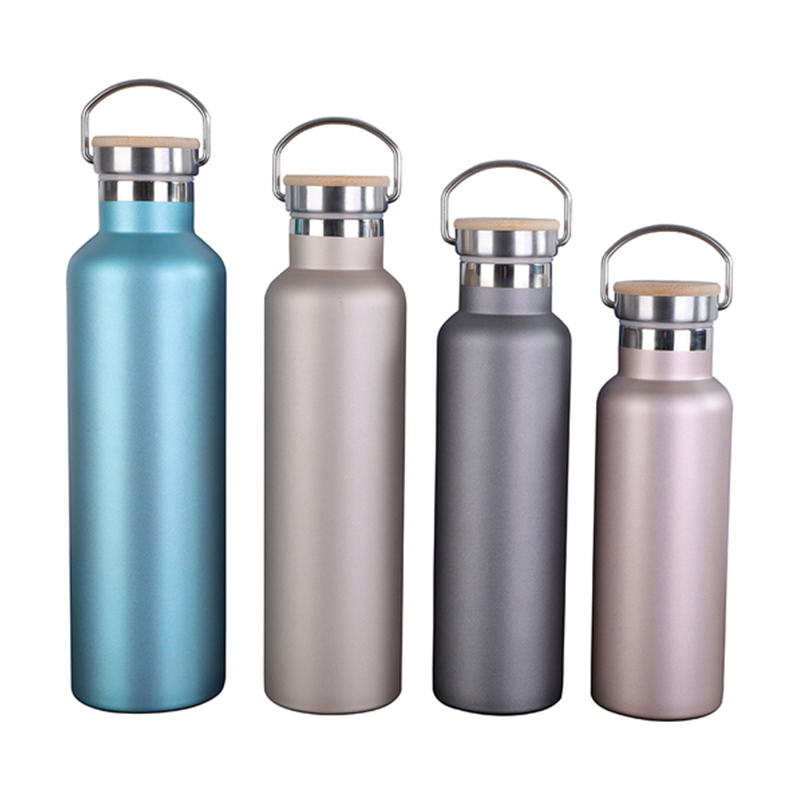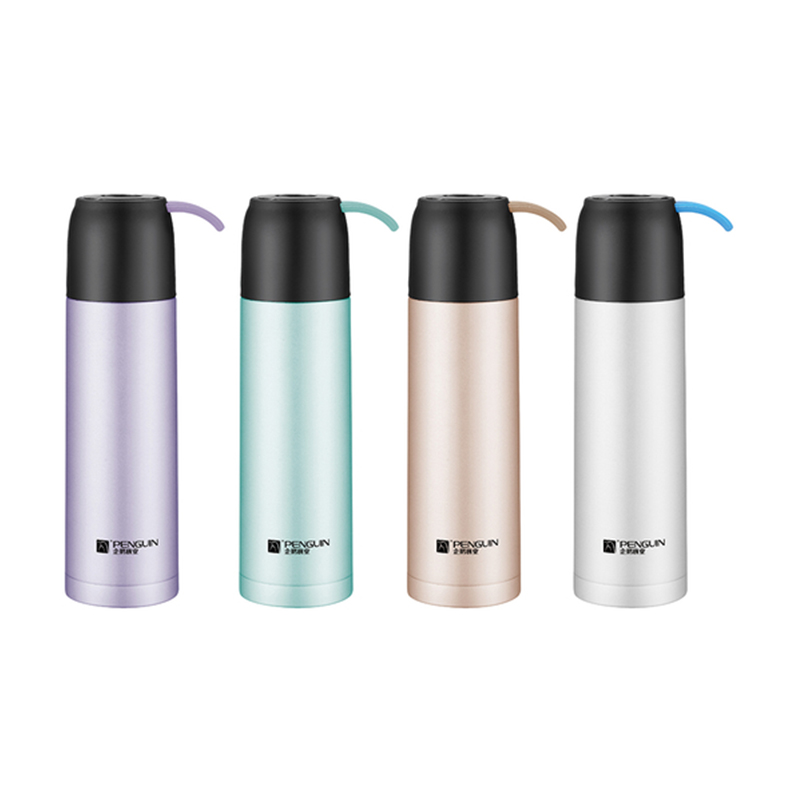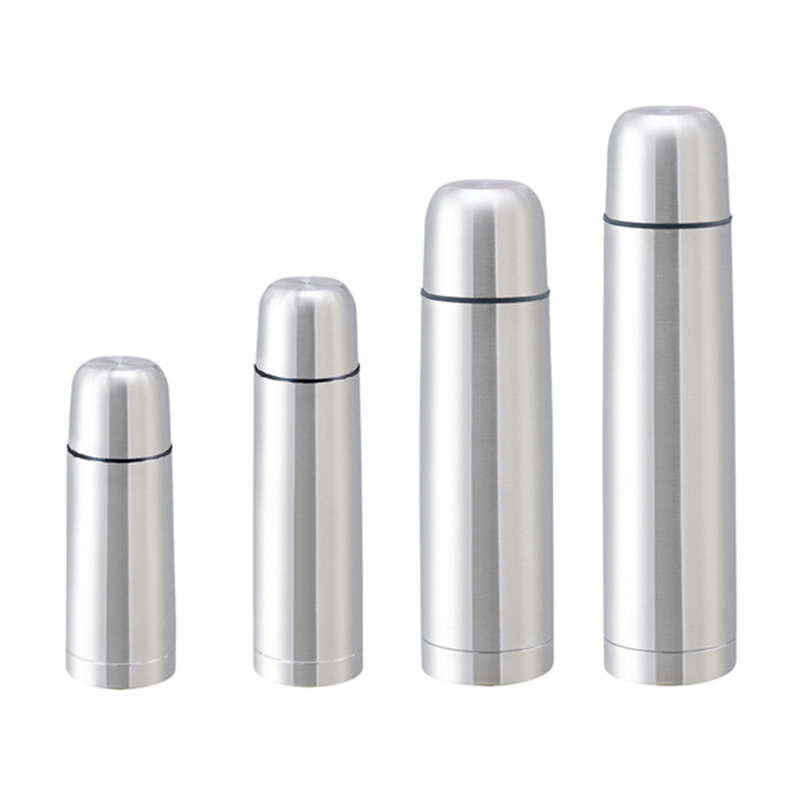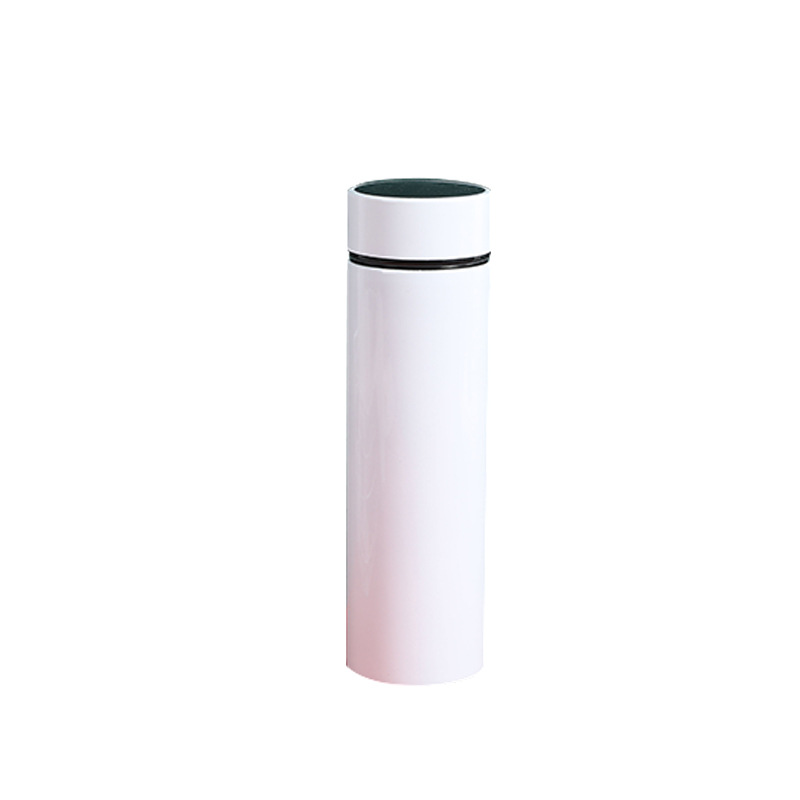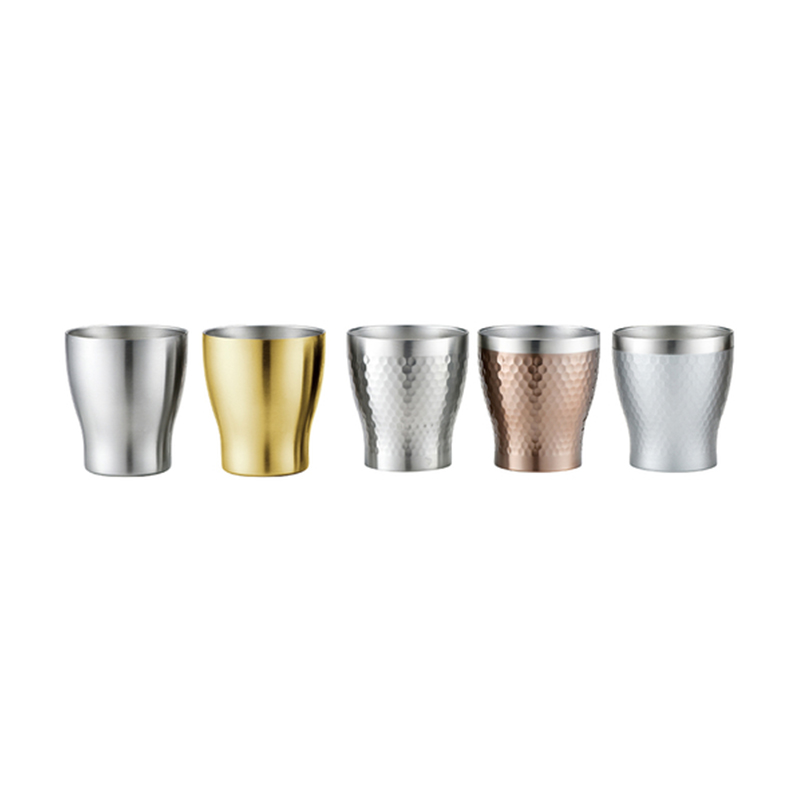What Material Is Used for Water Bottles for Sports to Prevent Corrosion?
2025-07-18
Choosing the right material for sports water bottles is essential to ensure durability, safety, and performance. Athletes and fitness enthusiasts rely heavily on their water bottles to stay hydrated during intense activities, making it important that these bottles resist corrosion, maintain purity, and last over time. Corrosion can unpleasant tastes, contamination, and degradation of the bottle itself.
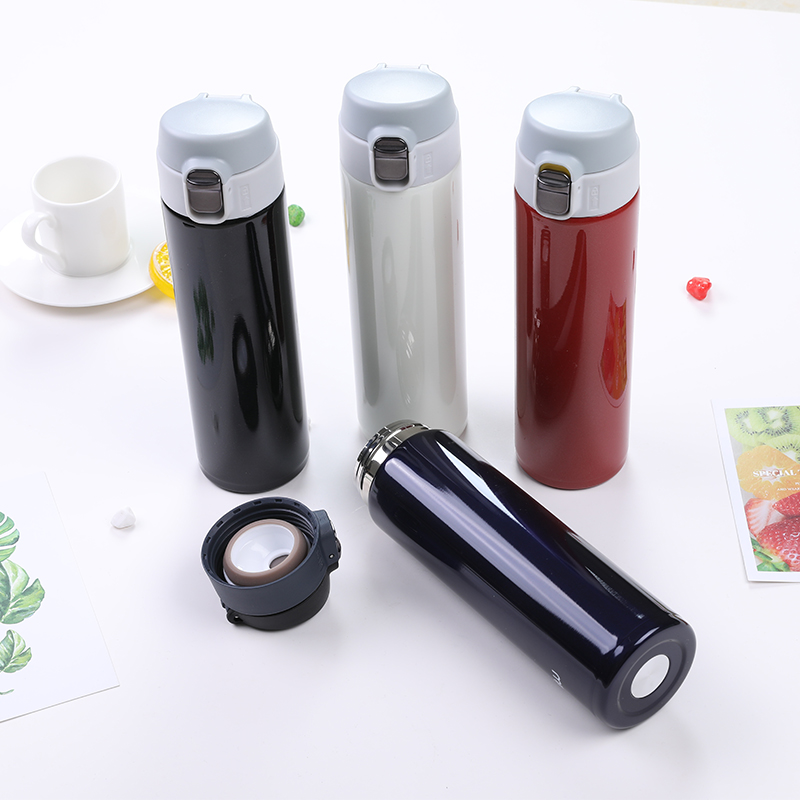
Water bottles for sports are often exposed to varying conditions, including sweat, impact, temperature changes, and contact with acidic or alkaline beverages. Corrosion occurs when the bottle's material reacts chemically with water or other substances, causing deterioration. This not only shortens the lifespan of the bottle but may also introduce harmful compounds into the drink.
Preventing corrosion ensures the bottle remains safe, hygienic, and retains its structural integrity, which is crucial for users who frequently refill and carry these bottles in different environments.
Several materials are widely used in the manufacture of sports water bottles. Each offers different levels of corrosion resistance, weight, and usability:
1. Stainless Steel
Stainless steel is one of the popular materials for sports water bottles, mainly because of its corrosion resistance. Among stainless steel grades, 304 stainless steel is commonly used due to its balance of corrosion resistance, durability, and cost-effectiveness.
Corrosion Resistance: 304 stainless steel contains chromium and nickel, which form a protective oxide layer on the surface. This layer prevents rust and corrosion, even when exposed to moisture and acidic beverages like fruit juices or sports drinks.
Durability: Stainless steel bottles are robust, impact-resistant, and do not retain flavors, making them ideal for repeated use.
Safety: Stainless steel is non-reactive, meaning it won't leach chemicals into the water, maintaining purity and taste.
Maintenance: These bottles are easy to clean and can often be sterilized, further enhancing hygiene.
Some bottles use 316 stainless steel, which has higher corrosion resistance, especially against chlorides and salt, but it is generally more expensive.
2. Aluminum with Protective Coating
Aluminum is lightweight and popular for sports bottles, but it naturally corrodes when exposed to water and oxygen. To overcome this, manufacturers coat aluminum bottles with an anodized layer or epoxy resin lining.
Anodizing: This electrochemical process thickens the natural oxide layer on aluminum, making the surface harder and more corrosion-resistant.
Epoxy or BPA-free Liners: These inner coatings prevent direct contact between the aluminum and liquids, protecting against corrosion and preventing metallic taste.
Lightweight: Aluminum bottles are easier to carry during activities compared to heavier stainless steel.
However, if the protective coating is damaged, corrosion may occur, so these bottles require careful handling.
3. Plastic (Polyethylene, Polypropylene, Tritan)
Plastic bottles are lightweight and inexpensive but generally less resistant to long-term wear and chemical exposure. High-quality plastics like Tritan are used to avoid leaching and degradation.
Corrosion Resistance: Plastics do not corrode like metals, but they can degrade or absorb odors over time.
Safety: BPA-free plastics are preferred for health reasons.
Drawbacks: They are less durable and prone to scratches, which can harbor bacteria.
Plastics are less ideal for preventing corrosion because they don't corrode, but they have other limitations in durability and taste retention.



 English
English  日本語
日本語  Deutsch
Deutsch 



